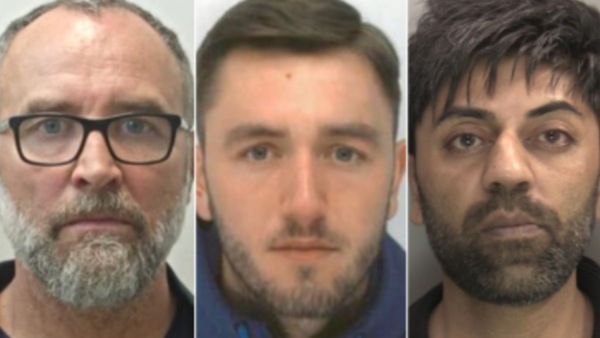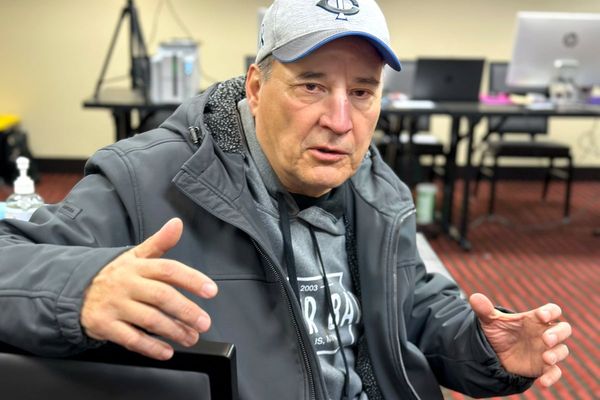As Australia struggles through a national GP shortage, more than 3,000 patients from one clinic in regional Queensland have been suddenly forced to find a new doctor.
A GP practice in Pomona, outside Noosa, will close its doors on Wednesday after more than four decades.
One of those left searching for medical care is Raewyn Harlum, who needs an appointment within a week.
"I've just had a heart procedure today and we've had a loop monitor put in, so I have to find another doctor now," she said.
"They've got to fit me in a week from today to take my dressing off and just check the wound's not infected."
The 75-year-old has been visiting Pomona Family Medical for 13 years following the death of her husband.
But the clinic has been under pressure for a long time due to a combination of departing doctors during a staff shortage, and a lack of increases to Medicare rebates.
Its few remaining staff have been phoning nearby clinics only to find many are at or near capacity.
Pomona's second clinic was able to take on some of the extra patients, but its books are now also full.
'This is going to happen more and more'
Clinic manager Megan Bristow said she worried about her patients, who will now have to travel elsewhere.
"It was a five-minute drive that a neighbour could drop them into the doctor," she said.
"Now they're looking at a 20-minute drive or more to see a general practitioner.
"It is going to be very, very big, and the impact on these patients a lot, given there's no public transport."
Despite being a short drive to Noosa's famed beaches, Ms Bristow said the clinic was still unable to recruit GPs to the area.
She said doctors and clinics were also earning less because the Medicare rebate was not keeping up with costs and demands from patients.
"A standard consultation is only $39.75 that they get paid," she said.
"I don't think that's enough to sustain doctors in general practice, which is why they're going into specialist pathways.
"This is going to happen more and more and more."
National GP crisis putting regions at risk
The revelations came as no surprise to Goondiwindi GP Matt Masel, whose own practice is about five hours west of Pomona.
As the head of Rural Doctors Association Queensland, he said it had always been tough for doctors in rural and remote areas, but this was a new crisis.
He said within the health system, GPs were the "bedrock" and a lack of critical funding and recognition was eroding that foundation.
"There are so many consequences, but in particular, it's patients who miss out on that basic fundamental health care service that we all need and have a right to," Dr Masel said.
"Some of these incredible people are now just finding, in spite of all the work they put into their practices, into their communities and the love they have for their job — they're just not able to remain viable.
"And that is a worrying state of affairs."
The Royal Australian College of General Practitioners estimates that just 13 per cent of new medical graduates enter general practice, creating an ongoing shortage of doctors in communities.
A struggling system and a wait for change
Health minister Mark Butler said it was now harder and more expensive for Australians to see a GP.
"Across the country we hear stories of Australians not being able to get in to see a bulk-billing doctor, or GPs changing from bulk-billing to mixed-billing," Mr Butler said.
The Medicare rebate was frozen under the last Labor government as a temporary measure, but remained in place for years under the Coalition.
Mr Butler said the government was now "committed to investing in general practice and Medicare".
Its Strengthening Medicare Taskforce was to hand down recommendations this month. That has now been pushed out to early next year.
But there will be no quick fix, with the Minister saying any changes would likely be included in the next federal budget.
Dr Masel said Medicare reform was important, but an increase in the Medicare rebate for doctors was critical to stop the haemorrhaging of doctors from the health system.
"To give the analogy — you can't make a patient undergo major surgery before you've stabilised them," he said.







